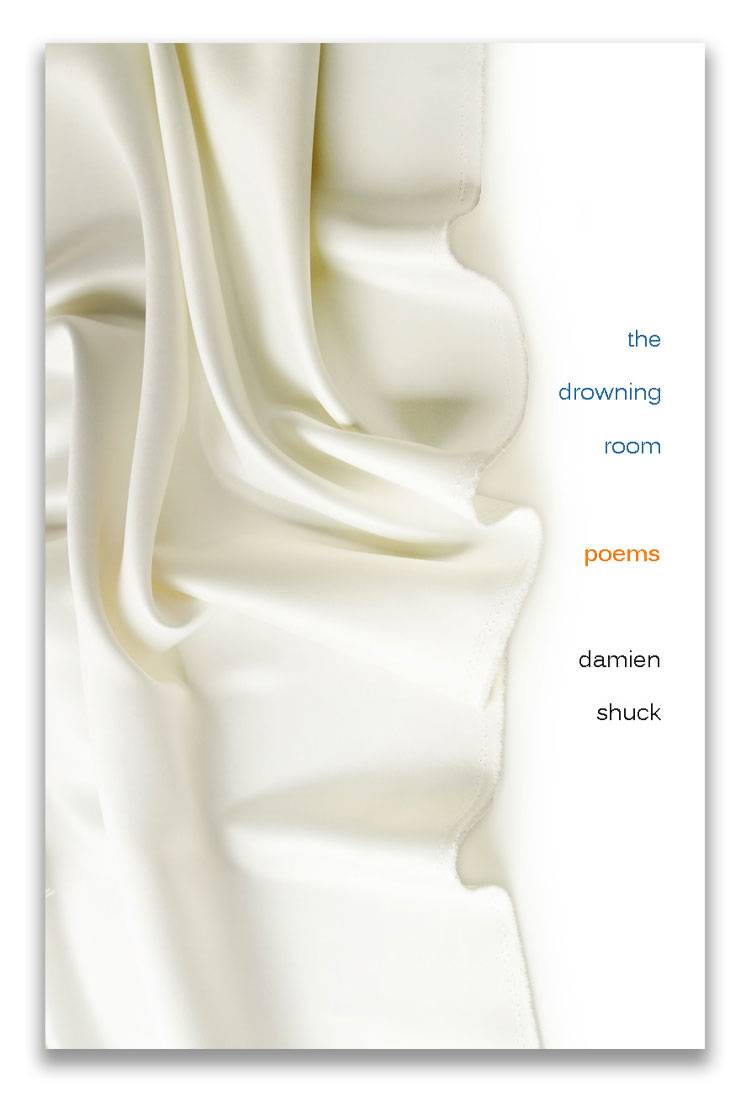“ONE SUMMER”
V lived in a big house a few blocks over.
Her dad put on “Lime in the Coconut”
while we tripped acid. He used to tell her
her boobs were growing in good.
Tried to get the sixteen-year-old girls
to sit on his lap. Another time at V’s house
I lay under the dartboard staring up
at the five hundred wobbly, singing darts
following the first into the board.
I recommend this to no one.
After V lit the house on fire
with a half-full bottle of grain alcohol
and an aroma therapy candle, we called her
Sparky. That whole summer
she was on house arrest. Her dad moved
her to the basement and put a lock on her door
but not her window so she would sneak
out to the front yard to smoke a cigarette.
I would pick her up
and throw her out of the yard
to try to set off her ankle bracelet.
After the first month of hard sobriety
she stuck an orange under her mattress.
She had heard that if you eat the mold you can
get high. She tried to eat it and threw up
on her beanbag chair; I started calling her
Nasty or Sparky, depending on my mood.
After that summer none of us saw her much.
Heard she got into meth, had a kid
with her dealer. But I can see her spin
in small circles, press her fingers
into the sky. Dance between cinders
to the music of distant sirens.
Blow smoke rings at God.
PRAISE FOR DAMIEN SHUCK
“The Drowning Room evidences a life richly lived and keenly observed, and that life is portrayed with wit, nuance, and a gritty parking-lot elegance.”
— DAVID KIRBY
author of The Biscuit Joint
“In these poems, Damien Shuck manages the considerable feat of approaching life from an oblique and acute angle at the same time. The poems probe and ponder yet consistently sink their metaphorical teeth into numerous byways of misapprehension. Things don’t go right in this particular universe, where malfeasance is often America’s middle name, but there is a delight in imagination, in poetry, in the keeping on that human beings are so abysmally good at. Like a shadow, these poems will stay with you—full of wit, bemused observation, and, amid humanity’s pratfalls, real feeling for the tragic sense of life.”
— BARON WORMSER
author of The Road Washes Out in Spring
“The Drowning Room wrestles with the ever-present angel of absurdity. The moves Shuck makes—psychological, emotional, rhetorical—are tragi-comic postures that we recognize as our own. Again and again we are stunned to find ourselves laughing, even as we wince at the accuracy of his insights. Whether such brave foolishness leads to wisdom is up to us; Shuck has pointed us in the right direction.”
— RICHARD HOFFMAN
author of Love and Fury: A Memoir


